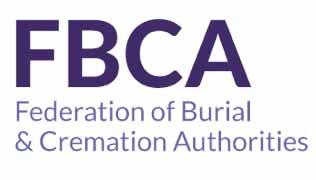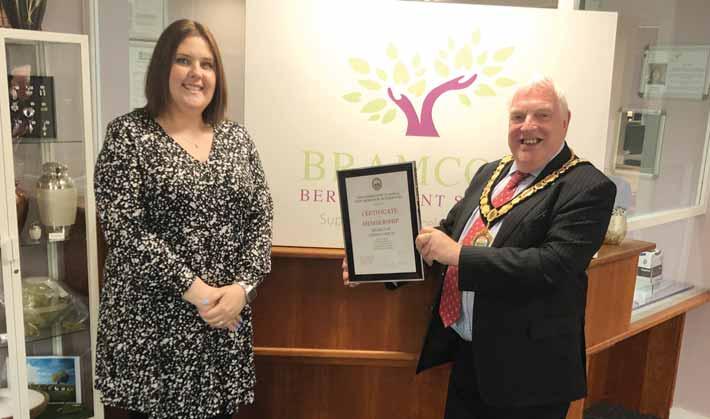COVID-19 Guidance on Managing a Funeral – Updated 11 August 2020 This is national guidance. If local restrictions are in place in your area, check information on local restrictions (https://www.gov.uk/government/collections/local-restrictions-areas-with-an-outbreak-of-coronavirus-covid-19).
What has changed This guidance has been updated in line with the Health Protection Regulations 2020 and The Health Protection (Coronavirus, Wearing of Face Coverings in a Relevant Place) (England) (Amendment) Regulations 2020 Changes include: • allowing both family and friends to attend a funeral • the number of people who can attend a funeral • allowing mourners to stay overnight outside their home • the safe management of the funeral venue • the change in requirement to self-isolate for 10 days (previously 7) for those with symptoms of COVID-19 • the requirement to wear face coverings in indoor places of worship, crematoria and burial ground chapels This guidance is of a general nature and should be treated as a guide, and in the event of conflict between any applicable legislation (including the health and safety legislation) and this guidance, the applicable legislation shall prevail. This guidance applies in England. Main principles This advice is designed to assist people who are involved in managing or organising a funeral related to a death from any cause during the coronavirus (COVID-19) pandemic. This guidance has been developed to ensure that: • bereaved people are treated with sensitivity, dignity and respect • mourners and workers involved in the management of funerals are protected from avoidable risk of infection Guidance for care of the deceased is available with further guidance and information on the NHS Test and Trace programme for employers, businesses and workers, as well as for the public. This guidance remains under review and may be updated in line with the changing situation. What you need to know The following guidance aims to balance the needs of the bereaved to mourn appropriately while minimising the spread of COVID-19 infection. Communities, organisations and individuals are strongly advised to take action to reduce the risk of spreading COVID-19 infection among mourners who are gathered to pay AUTUMN RESURGAM VOLUME 63 / ISSUE 3
their respects, with a particular focus on protecting people who are clinically vulnerable or clinical extremely vulnerable and more likely to develop severe illness. When gathering to mourn, your main concern should be to limit risks around the transmission of the virus. Those risks increase whenever households mix. A household means those people who usually live together under the same roof and share facilities with you. If you have family members who do not normally live with you they need to be treated as a separate household. These actions include: • ensuring venue capacity and attendance numbers allow social distancing (at least 2 metres or 3 steps) to be maintained between individuals. See further detail under the section on management of the venue • ensuring that those attending are reminded of the need to wear a face covering. See further detail under the section on social distancing for mourners • a modest number of close friends and family of the deceased may attend although funerals should have no more than 30 people in attendance. Attendance should also be within the capacity limits of the premises so that social distancing can be strictly adhered to. In some cases that may be less than 30 people. See further detail under the section on management of the venue • mourners who are self-isolating due to someone in their household or support bubble being unwell with symptoms of COVID-19 or as advised by NHS Test and Trace, but are not symptomatic themselves, should be facilitated to attend the funeral in person should they wish to do so, with processes put in place to minimise the risk of transmission • mourners who are clinically vulnerable or clinically extremely vulnerable should also be facilitated to attend, with processes put in place to minimise the risk of transmission • any mourner who has COVID-19 symptoms (a new continuous cough, a high temperature, or a loss of, or change in, their normal sense of taste or smell) should not attend the funeral as they pose a risk to others; remote participation should be considered • mourners who have travelled to England from countries that are not exempt from the requirement to self-isolate (in the last 14 days) may attend the funeral • mourners should also follow the advice on social distancing when travelling to and from the funeral gathering. See the section on travelling to and from the funeral
15













